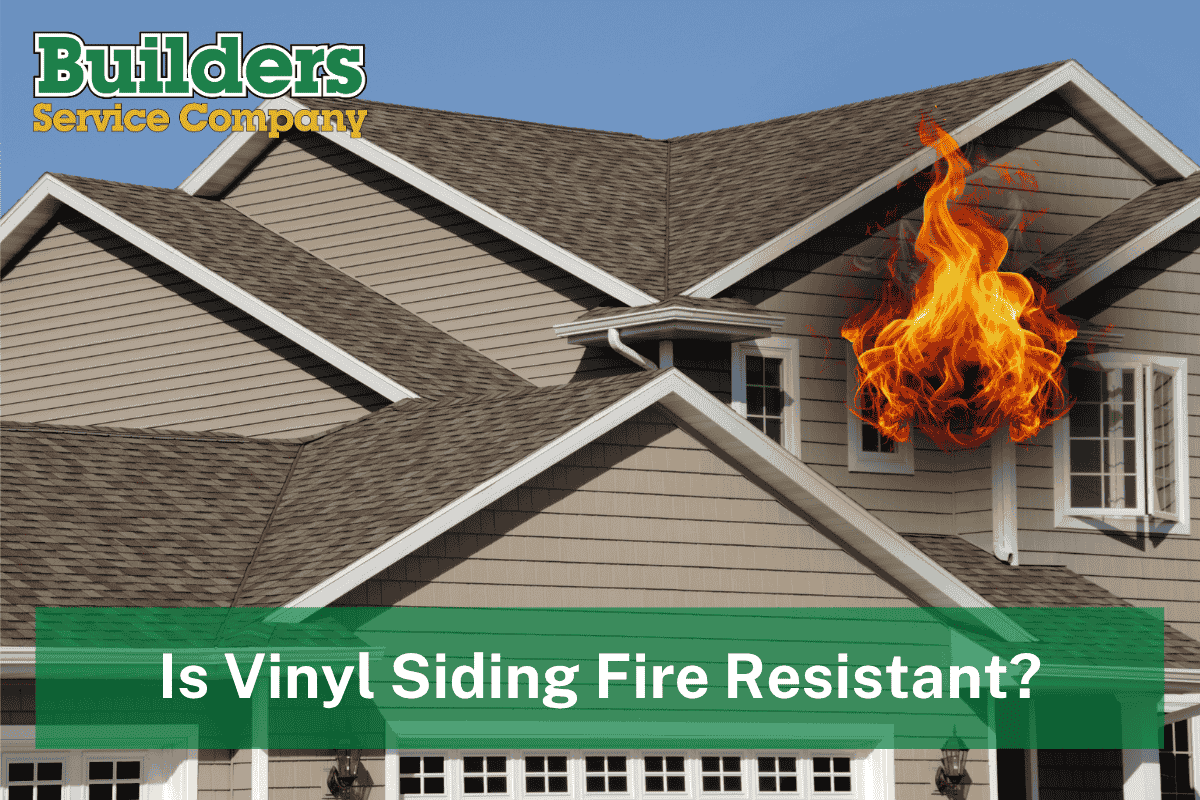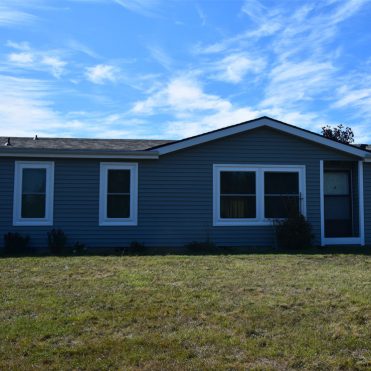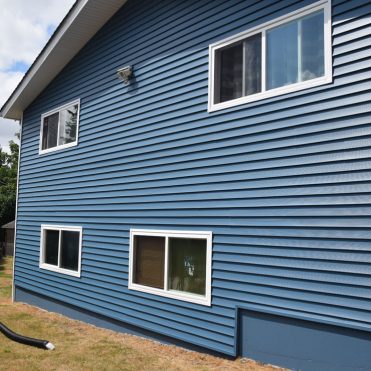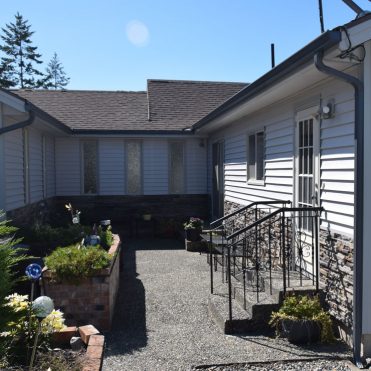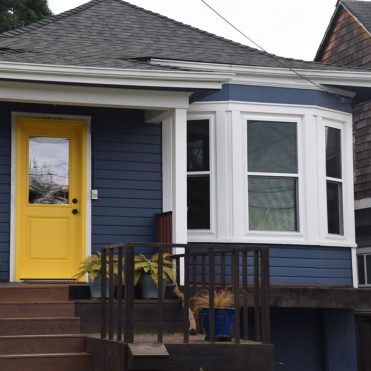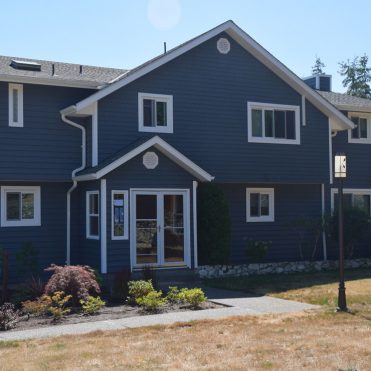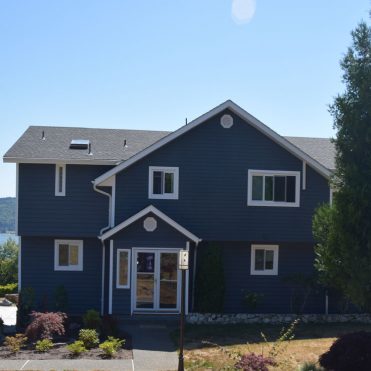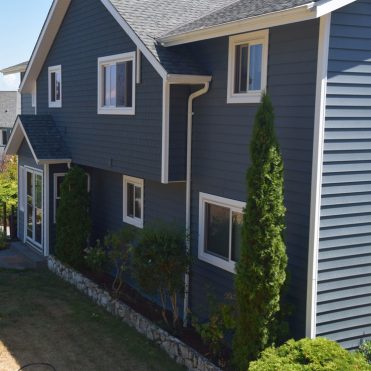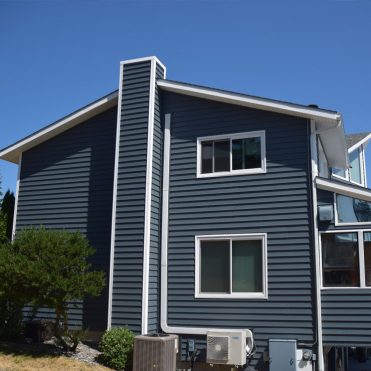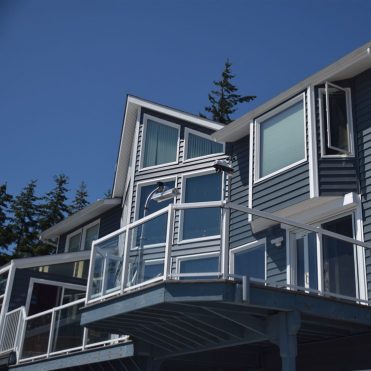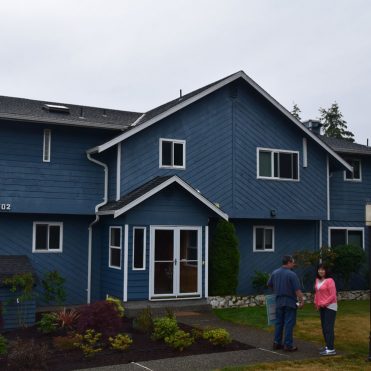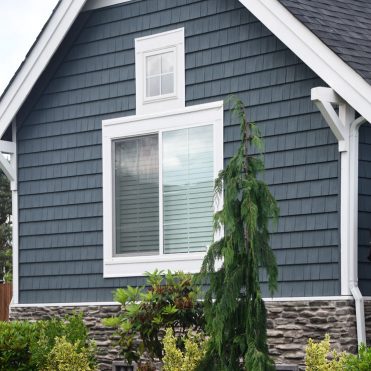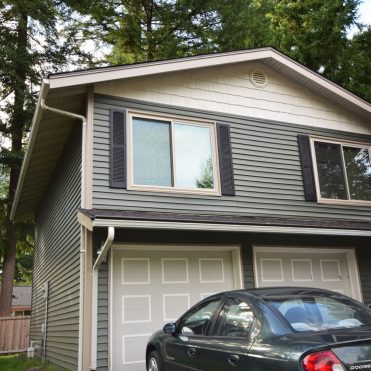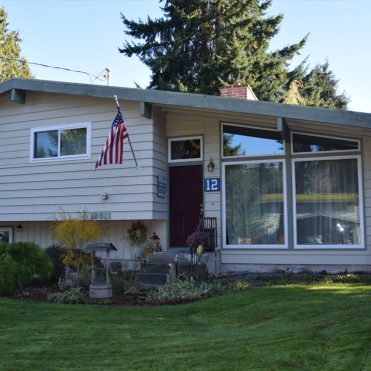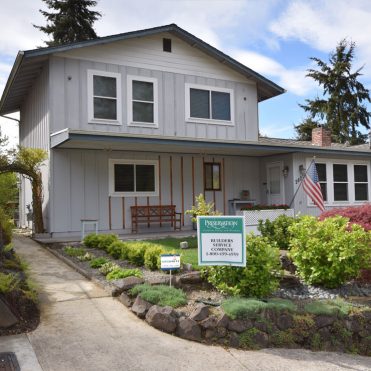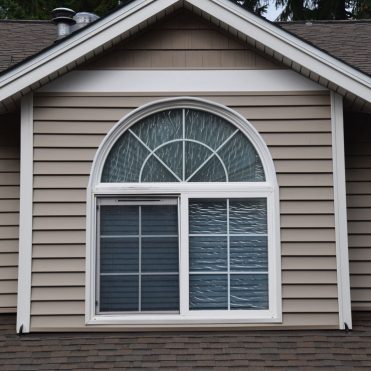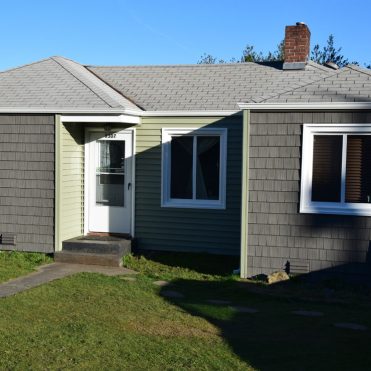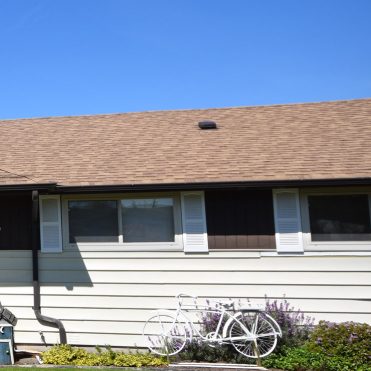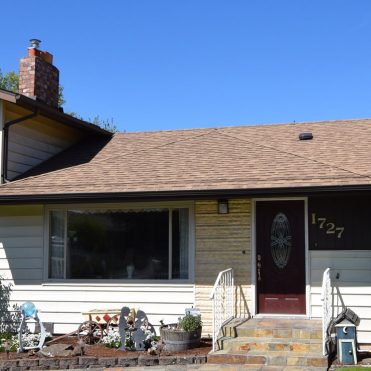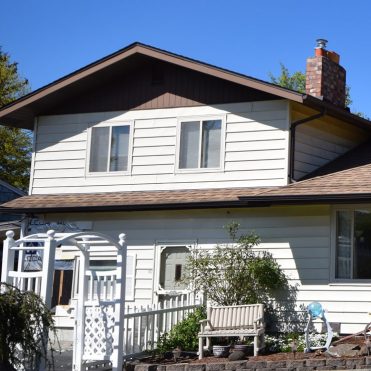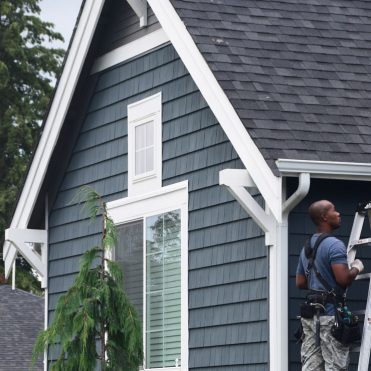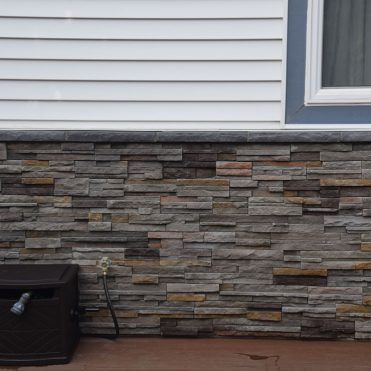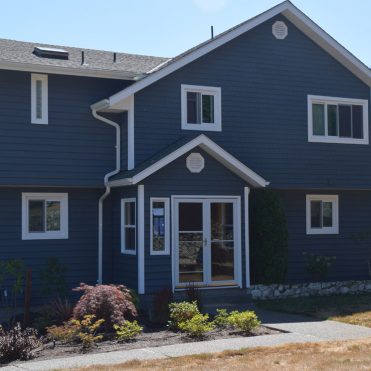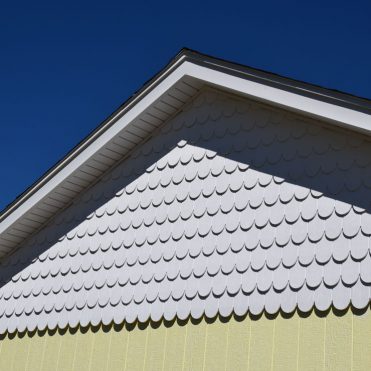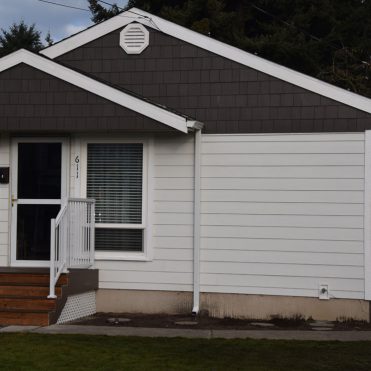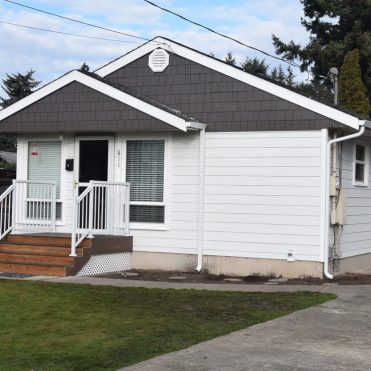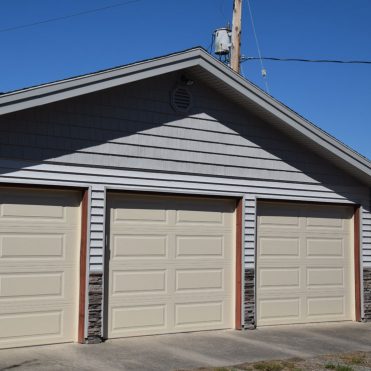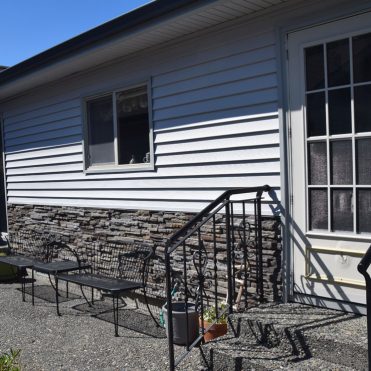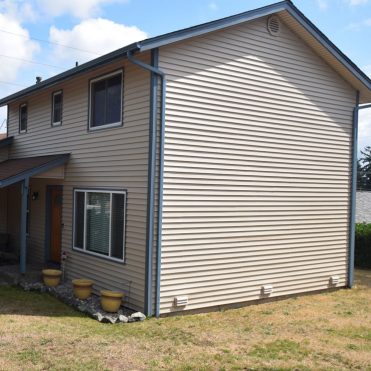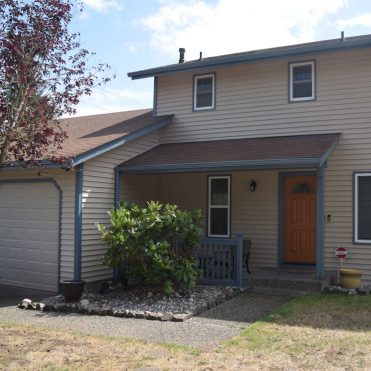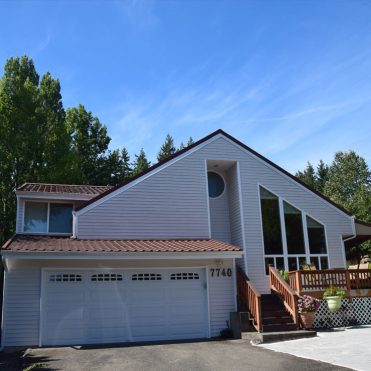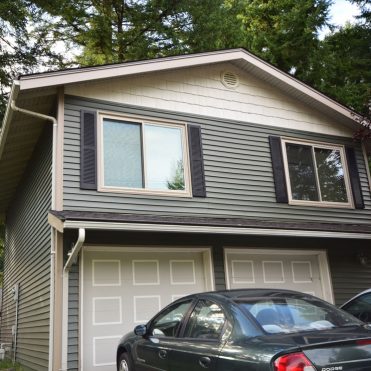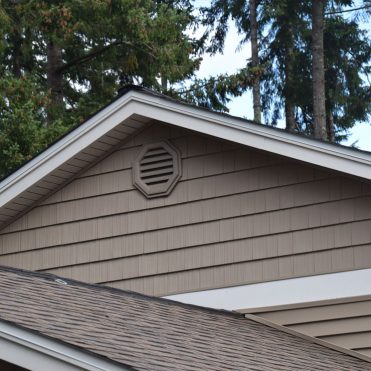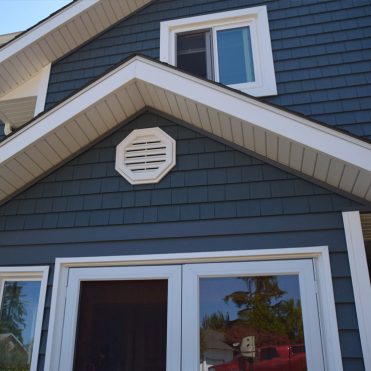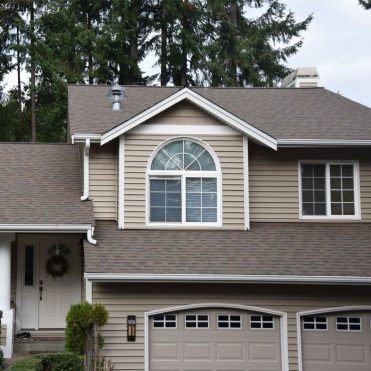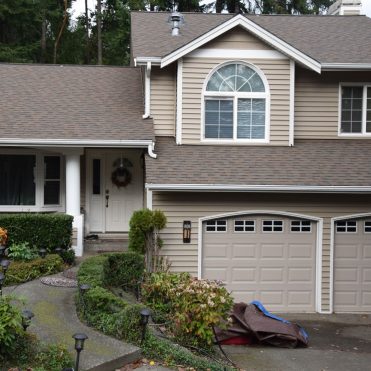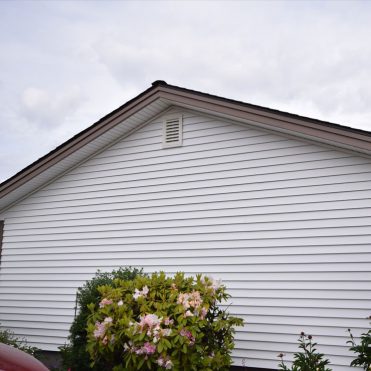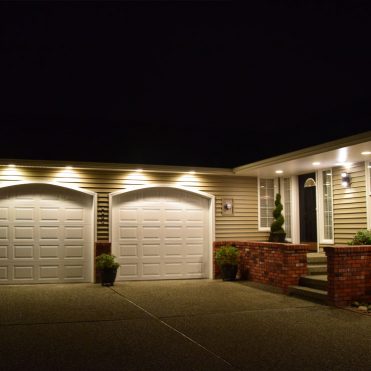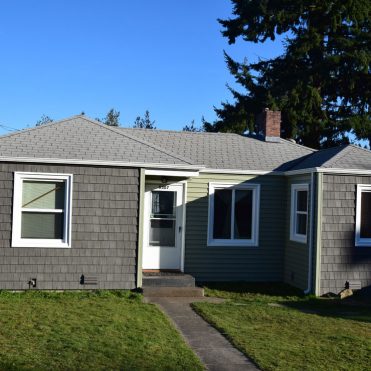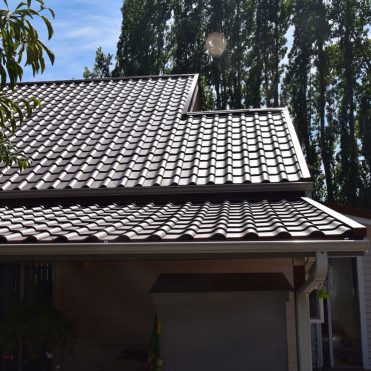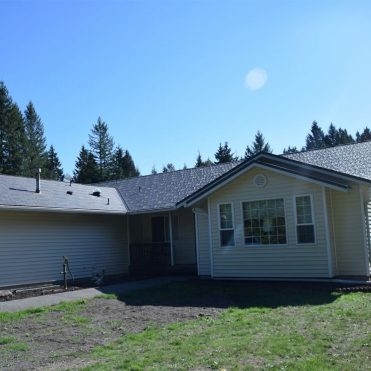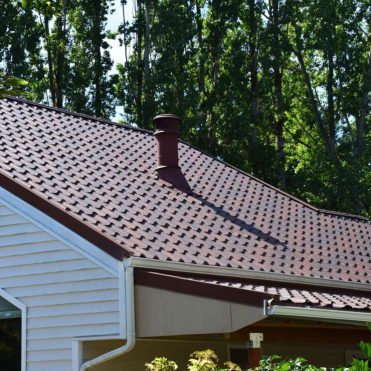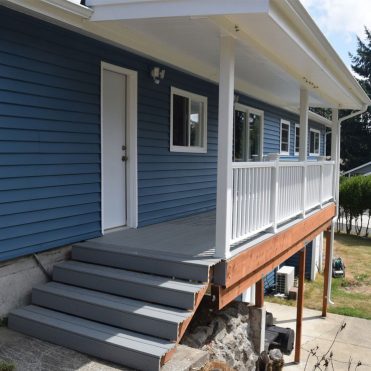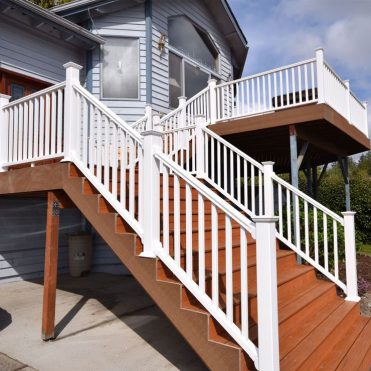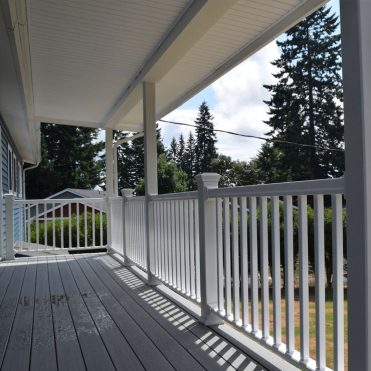Is Vinyl Siding Fire Resistant? A Washington Homeowner’s Guide
In Washington, homeowners often ask: is vinyl siding fire resistant? With the Pacific Northwest seeing more dry summers and wildfire warnings, many property owners want to know whether their siding and other building materials can handle heat, flames, or direct ember exposure.
This guide explains how vinyl siding reacts to residential fires, how it compares to other fire-resistant siding, and what Washington homeowners should consider when selecting safe, protective exterior materials. We’ll also explore local climate factors, costs, and why working with an experienced contractor like Builders Service Company ensures better fire protection, long-term performance, and peace of mind.
Understanding Fire Resistance in Siding: Key Concepts & Ratings
What does “fire resistant” actually mean for siding?
When discussing siding fire resistance, it’s important to know that no material is completely immune to flames. Instead, materials are rated based on their ability to slow fire spread and smoke production. The ASTM E84 test measures surface-burning characteristics and assigns Class A, B, or C ratings.
-
Class A: Highest level of fire protection, offering minimal flame spread (seen in fiber cement or brick exteriors).
-
Class B: Moderate flame control, typical for certain engineered materials.
-
Class C: Basic resistance, often found in standard vinyl siding or wood paneling.
So, is vinyl siding fire resistant enough for homes in Washington? It provides basic flame resistance but doesn’t achieve the top rating because it can melt when exposed to direct heat or flames for extended periods.
How does vinyl siding behave under high heat or flame?
Vinyl siding, made primarily from polyvinyl chloride (PVC), contains chlorine, a compound that naturally slows combustion and enhances fire resistance. This means vinyl has some self-extinguishing capability once the flame source is removed.
However, its ignition temperature averages 730–750°F, which is relatively high, but under extended heat or house fires, the siding may melt, warp, or deform.
Here’s how vinyl behaves when exposed to flames:
-
The exterior softens and exposes underlayment, which may affect fire protection.
-
Gaps at seams can allow flames and heat to spread behind panels.
-
Intense heat from nearby structures or wildfires can cause deformation and increased fire spread.
In summary, is vinyl siding fire resistant enough for long-term safety? It performs reasonably well for typical house fires but is less ideal for wildfire-prone areas or dense neighborhoods where radiant heat can quickly travel between homes.
Is Vinyl Siding Fire Resistant in Washington? Local Factors to Consider
How local climate and fire risk influence siding performance
Washington’s moisture-rich climate usually minimizes ignition risk. Frequent rain and cool coastal air naturally improve fire resistance across exteriors. Still, during dry summers, especially in Eastern Washington, increased wind and heat can heighten the risk of residential fires and ember damage.
Even in Seattle, Tacoma, or Olympia, homeowners should be cautious near grills, decks, or walls facing direct sun, since repeated heat exposure may weaken siding. No exterior is fully flameproof, but with proper installation and regular checks, vinyl can still be a durable option for many houses across the state.
What siding failure signs should Washington homeowners watch for?
Inspect your home’s exterior regularly for early warning signs after heat, flame, or smoke exposure:
-
Warping, bubbling, or sagging panels
-
Discoloration, soot marks, or surface charring
-
Gaps and cracks that may increase fire spread
-
Melting or brittle spots near vents, doors, or windows
If any of these appear, schedule an inspection to maintain the integrity of your exterior and prevent deeper damage from future house fires or weather conditions.
What Siding Materials Are More Fire-Resistant Than Vinyl?
Fire-resistive siding options for Washington homes
For homeowners looking for stronger fire protection, there are several fire-resistant siding alternatives to vinyl:
| Siding Type | Fire Rating | Pros | Cons | Maintenance |
|---|---|---|---|---|
| Fiber Cement | Class A | Noncombustible, durable, excellent fire resistance | Higher cost | Low |
| Metal (Steel/Aluminum) | Class A | Fully noncombustible, prevents flame spread | Can dent or scratch | Very Low |
| Stucco/Masonry/Brick | Class A | Inherent fire-resistant materials, great insulation | Heavy, structural demand | Moderate |
| Vinyl | Class C | Affordable, weather-resistant, easy replacement | Melts under strong flame | Very Low |
So, if you’re comparing siding types and wondering again, is vinyl siding fire resistant compared to fiber cement or metal, the answer is that it offers moderate protection but can’t match noncombustible materials in flame performance.
When vinyl may still be acceptable (with precautions)
Vinyl remains a practical option for many homes across Washington. For enhanced fire protection, homeowners can:
-
Add fire-resistant sheathing behind panels.
-
Maintain vegetation clearance to reduce fire spread risk.
-
Use metal flashing and sealed joints around walls and doors.
-
Choose products tested for better fire resistance ratings.
Proper installation of siding by trained professionals ensures improved performance even during minor residential fires.
How Much Does Fire-Resistant Siding Cost in Washington?
Cost comparison per square foot (materials and labor)
Washington homeowners can expect general costs per square foot, installed:
-
Vinyl siding: $5–$8
-
Fiber cement siding: $9–$14
-
Metal siding: $10–$15
-
Stucco or masonry: $12–$18
Examples from Washington-area projects
Average siding replacement projects in Seattle, Spokane, or Tacoma range from $12,000–$25,000, depending on exterior size and material. More fire-resistant siding like fiber cement or metal can lower house fire risk and may qualify for insurance benefits tied to fire protection improvements.
Why Choose Professional Siding and Roofing Services in Washington?
Benefits of hiring local experts like Builders Service Company
Builders Service Company understands Washington’s unique weather and fire concerns. We provide:
-
Expertise in building materials suited for both moisture and fire protection.
-
Installation methods that minimize fire spread and heat exposure.
-
Access to top-rated, energy-efficient, and fire-resistant siding systems.
What to look for in a siding contractor
Choose professionals experienced in exterior fire-resistant siding, certified under state building codes, and familiar with local safety standards. A licensed team ensures your siding, walls, and overall structure meet fire resistance requirements for Washington homes.
Serving Washington and Nearby Cities
Builders Service Company proudly serves Seattle, Tacoma, Bellevue, Everett, Spokane, Olympia, and Bellingham. From damp coastal neighborhoods to dry inland valleys, we help homeowners upgrade their exteriors for better durability and fire protection.
Our roofing, window, and siding replacement projects enhance home safety and maintain property value across Washington.
Frequently Asked Questions, Fire-Resistance Focused
What are the signs that my siding is compromised by heat?
Check for warping, bubbling, or melted areas. These indicate heat damage that can increase fire spread potential through weakened exterior panels.
Can I retrofit fire-resistant siding over existing vinyl?
Yes, depending on condition. Many homeowners overlay new fire-resistant siding such as metal or fiber cement over old vinyl siding for improved safety.
Does upgrading siding reduce home insurance premiums in Washington?
Yes. Many insurers reward the use of fire-resistant building materials with lower rates, recognizing improved house fire protection and overall fire resistance.
Will vinyl siding catch fire from reflected sunlight or nearby glass reflections?
No, vinyl’s ignition point, around 730°F, is much higher than temperatures produced by sunlight. However, intense reflection can cause surface melting or distortion on the exterior walls.
Conclusion and Next Steps
So, is vinyl siding fire resistant enough for every home? It offers some fire resistance but isn’t the most protective choice against large flames or residential fires. For stronger fire protection, consider noncombustible options like fiber cement or metal. Builders Service Company helps Washington homeowners choose durable, beautiful, and safer exteriors for long-term performance.
Contact Builders Service Company
Ready to enhance your house with safer building materials? Contact Builders Service Company for a no-obligation consultation.
Why homeowners choose us:
-
Over 45 years of trusted service in Washington
-
Licensed experts in roofing, windows, and siding fire-resistant systems
-
Commitment to quality workmanship and complete fire protection solutions
Serving Seattle, Tacoma, Bellevue, Everett, Olympia, Spokane, Bellingham, and surrounding communities.



